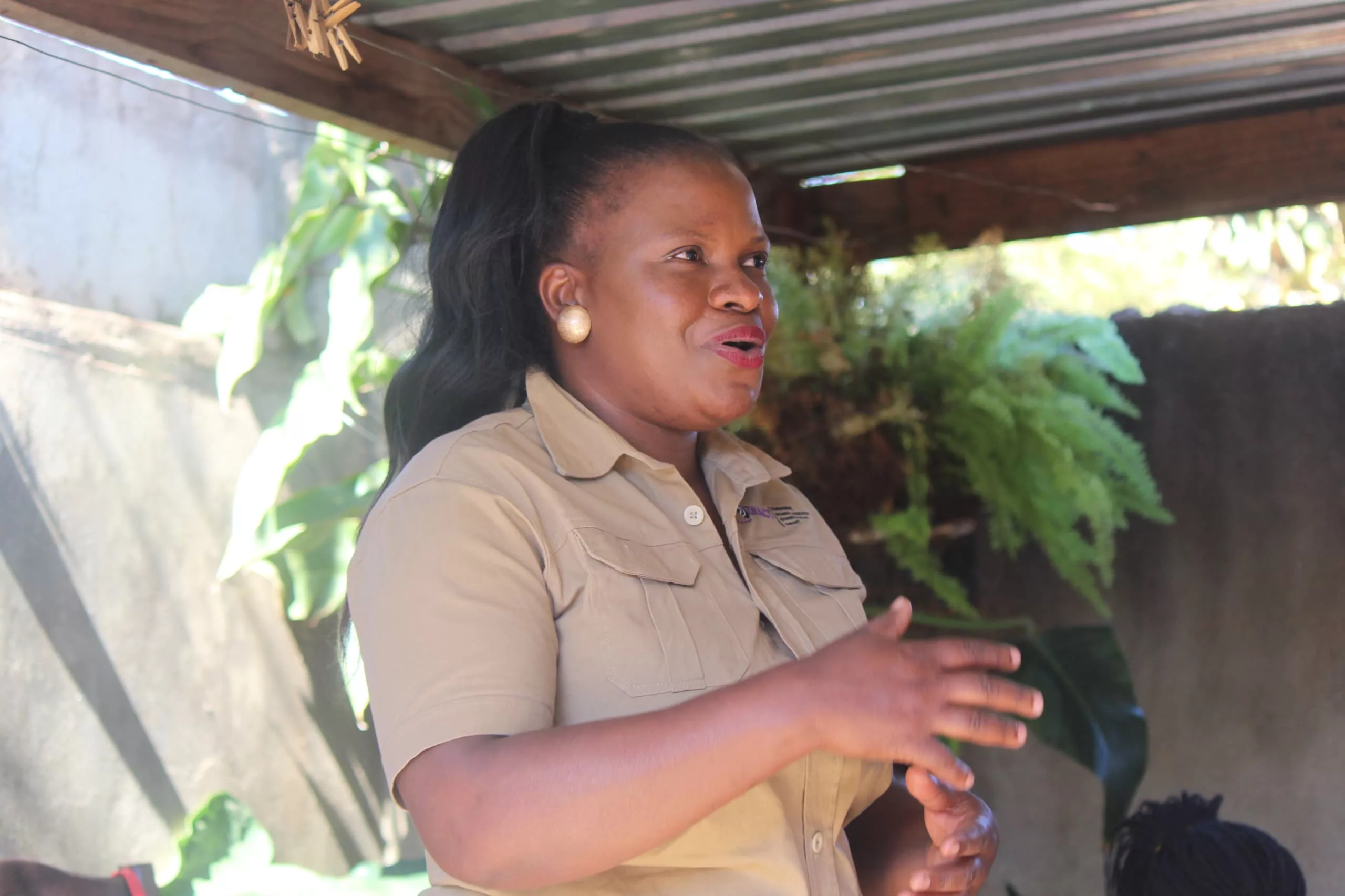|
Getting your Trinity Audio player ready...
|
By Norma Tsopo
Unmarried women are being denied land in Chief Mutasa’s area with village heads claiming they have no jurisdiction to allocate single women land and register them against tradition.
Speaking during a meeting organized by Zimbabwe Women Against Corruption Trust (ZWACT) on gender-responsive administration in Penhalonga recently, some women from the chieftainship said many women are turned away daily by village heads who are bound by local customs to deny them land.
Some end up bringing boyfriends to back them up. It was revealed the women’s children are kicked out of the land in the event of their death.
This is however in complete violation of the constitution of Zimbabwe amendment (No. 20) 2013 which in Chapter 4 Section 71(2) states that “Every person has the right, in any part of Zimbabwe, to acquire, hold, occupy, use, transfer, hypothecate, lease or dispose of all forms of property, either individually or in association with others.”
This is reinforced by Chapter 4 section 80 (3) which states that any and all laws, customs, traditions, and cultural practices that infringe on the rights of women are void to the extent of the infringement.
Tinaye Chiedza (name changed for fear of victimization) who is married into traditional leaders’ families told the meeting how her family has been turning away women from acquiring any land in Penhalonga.
“For years I have seen women being turned away from my village because they did not have husbands. The village heads would ask them to come with their husband’s identity card so that they may be accommodated because they say Chief Mutasa decrees that their registers cannot accommodate any female name but those of their husbands,” Chiedza said.
Chiedza said it breaks her heart to have been witnessing such treatment of women and not be in a position to help.
She said women who cheated the system by eliciting the help of boyfriends also risk having their children denied inheritance of the land in the event of their death by live-in partners.
“There is a lady, a single mother, who came to our home to speak to the village head because she wanted a portion of land to build her home but she was told to bring her husband because there was no way they could help her.
“She went back and a few weeks later she brought her boyfriend because she wanted a home for herself and her children.
“This particular lady later passed on and the boyfriend claimed the land and kicked the deceased’s children out,” Chiedza recounts.
ZWACT founder and Executive Director, Sandra Matendere, said they are conducting programmes on gender response and administration in Zimbabwe, empowering women with knowledge on issues of land rights and how to combat corruption.
“We are conducting programs of gender-responsive administration in Zimbabwe. We want to hear concerns from women, especially when they are acquiring land because we understand that women face a lot of challenges regarding land corruption.
“In most cases, they lose a lot of money to land barons and unscrupulous traditional leaders in deals to acquire land illegally. So, we want to empower women about their land rights and that they have to do due diligence when they want to acquire land before they part ways with their hard-earned money,” Matendere said.
She said her organization has done similar programs in Masvingo, Harare, Epworth, and other communities, compiling concerns from which they will come up with recommendations to share with parliamentarians.
She also said that they have picked trends of displacement in Manicaland and are going to conduct more programs to empower women.
“We have done similar programmes in Masvingo, Harare, Epworth, and other communities. We are compiling the concerns of women and we will come up with some recommendations that we will share with some parliamentarians.
“We also picked trends of some displacements on Manicaland, in Chipinge, and the Gimboki issue. So, we noted that in Manicaland we have to conduct some programs to empower women and raise issues of land corruption and also gather some information on how corruption is impacting women in these communities,” said Matendere.






